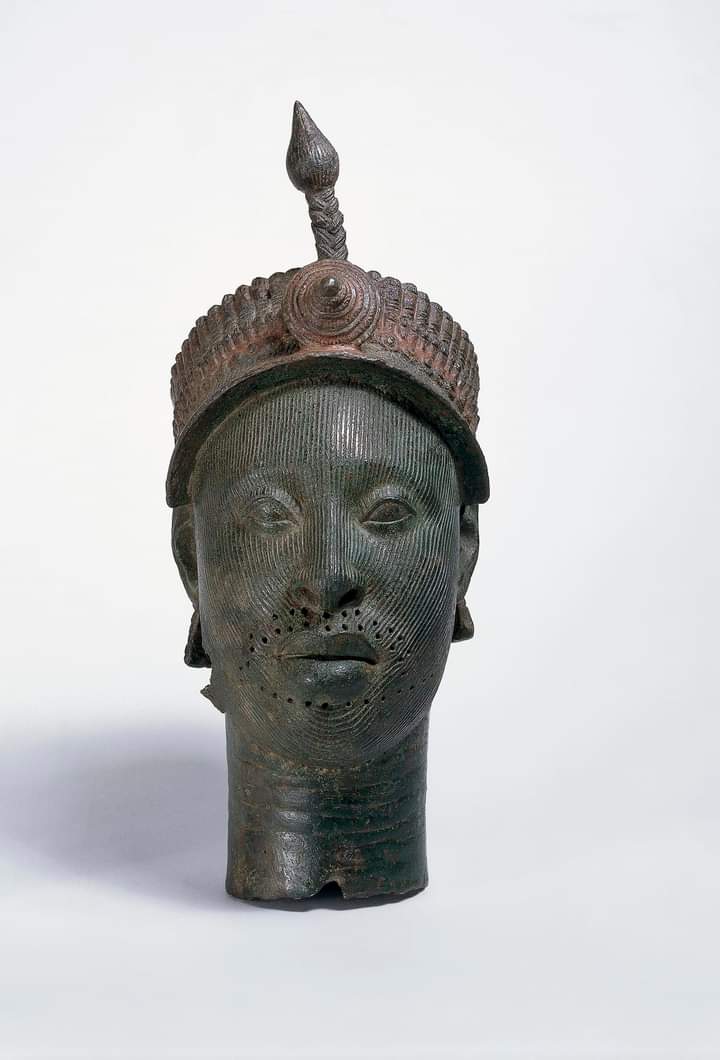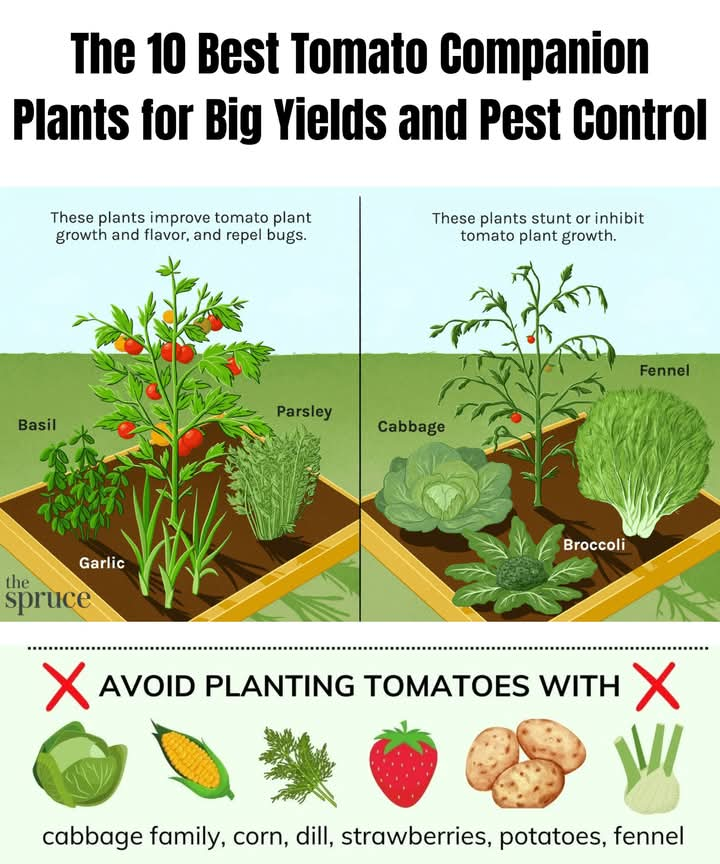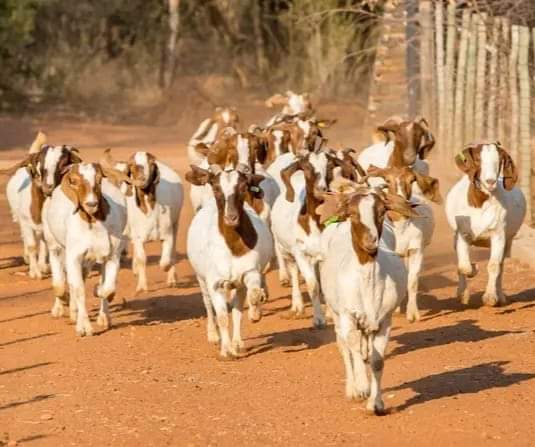Advantages of Nigeria Dwarf Goat Farming and Characteristics
The Nigeria Dwarf goat (NDG) is a small, adaptable, and highly productive breed originally from West Africa but now popular worldwide, especially in the United States and other parts of Africa. These goats are renowned for their friendly temperament, high-quality milk production, and versatility in small-scale farming.
Characteristics of Nigeria Dwarf Goats
1. Size and Weight
Adult males: 19-23 inches tall, weigh about 40-70 pounds.
Adult females: 17-22 inches tall, weigh about 30-50 pounds.
2. Milk Production
Produces up to 1-2 quarts of milk daily.
High butterfat content (6%-10%) makes it ideal for cheese and soap making.
3. Lifespan
Typically live 8-12 years, with proper care and nutrition.
4. Temperament
Friendly, gentle, and easy to handle, making them suitable for families and hobby farms.
5. Reproductive Traits
Females (does) can give birth 2-3 times a year, with 1-4 kids per kidding.
Early maturity: Does can breed as early as 7 months, though 1 year is recommended for better outcomes.
Advantages of Nigeria Dwarf Goat Farming
1. Low Maintenance
Their small size makes them manageable and cost-effective to rear. They require less feed and space compared to larger breeds.
2. High Profitability
Multiple income streams from milk, meat (in some regions), manure, and breeding stock.
Popular among homesteaders and urban farmers due to their adaptability.
3. Disease Resistance
NDGs are hardy animals with good resistance to common goat diseases when provided with basic veterinary care.
4. Adaptability
They thrive in various climates, including Nigeria’s humid and arid regions, provided they have adequate shelter and nutrition.
Starting a Nigeria Dwarf Goat Farming Business
1. Planning and Research
Understand the local market demand for NDG products.
Learn about goat farming practices and regulations in your area.
Identify whether you’ll focus on milk production, breeding, or as pets.
2. Selecting and Housing Goats
Start with 2-5 goats (one buck and several does).
Build a secure and ventilated shelter with enough space (approximately 20-30 square feet per goat).
3. Nutrition
Feed: Hay, grains, and high-quality pasture. Provide mineral supplements to prevent deficiencies.
Water: Always clean and fresh.
Avoid toxic plants like cassava leaves, yew, and azaleas.
4. Breeding Program
Keep track of breeding cycles and maintain a healthy breeding schedule.
Use high-quality bucks to improve offspring traits.
5. Health and Hygiene
Regular deworming, vaccination, and hoof trimming are essential.
Maintain clean bedding and disinfect pens regularly.
6. Marketing
Sell milk directly to consumers or supply local markets.
Offer breeding services or sell kids to aspiring farmers.
Use social media to showcase your farm and attract buyers.
Challenges in Nigeria Dwarf Goat Farming
1. Diseases and Parasites
Common issues include internal parasites, foot rot, and respiratory infections.
Solution: Work with a vet for prevention and treatment plans.
2. Predation and Theft
Secure your farm with proper fencing and guard animals (e.g., dogs).
3. Market Fluctuations
Be prepared for seasonal demand changes. Diversify your product offerings to stabilize income.
Economic Potential of Nigeria Dwarf Goat Farming
1. Cost of Investment
Initial investment: Housing, fencing, and acquiring goats (each NDG costs ₦30,000-₦70,000 in Nigeria).
Operational costs: Feed, veterinary care, and maintenance.
2. Revenue Streams
Milk: Highly sought-after due to its rich taste and nutritional value.
Breeding stock: High-quality NDGs sell for premium prices.
Organic manure: Goat droppings are excellent for organic farming.
3. Profit Margin
A well-managed farm with 10-20 goats can generate consistent profits within 1-2 years.
Tips for Success
1. Education and Networking
Join local goat farming cooperatives to learn from experienced farmers.
Attend livestock fairs and training workshops.
2. Record Keeping
Maintain detailed records of expenses, breeding, health, and sales.
3. Innovative Marketing
Use social media to engage with potential customers.
Brand your products, e.g., “organic goat milk” or “premium goat manure.”
4. Sustainability
Invest in rotational grazing systems and sustainable feeding practices to minimize costs.
Incorporate renewable energy sources for farm operations.
Conclusion
Nigeria Dwarf goat farming is a lucrative and sustainable venture with multiple income streams. Its low maintenance, high adaptability, and profitable yields make it an excellent choice for farmers of all levels. With proper planning, effective management, and market strategy, this business can become a rewarding source of income and contribute significantly to rural and urban agricultural development.




